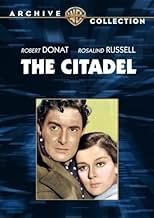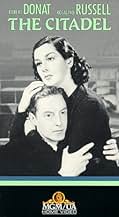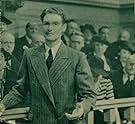Aggiungi una trama nella tua linguaAn enthusiastic young doctor happily embarks on his career, but it isn't long before he finds out what being a doctor really entails.An enthusiastic young doctor happily embarks on his career, but it isn't long before he finds out what being a doctor really entails.An enthusiastic young doctor happily embarks on his career, but it isn't long before he finds out what being a doctor really entails.






































